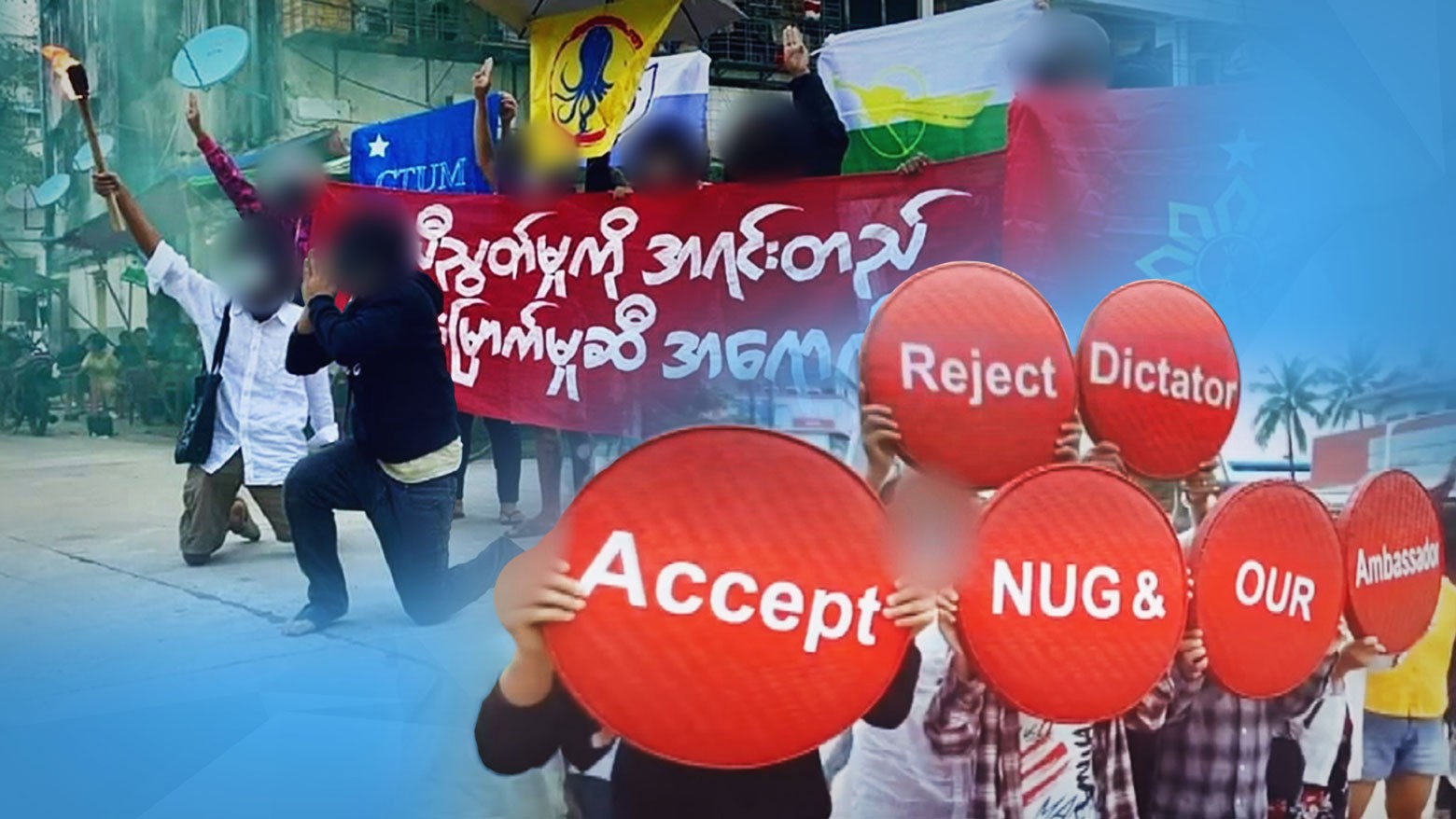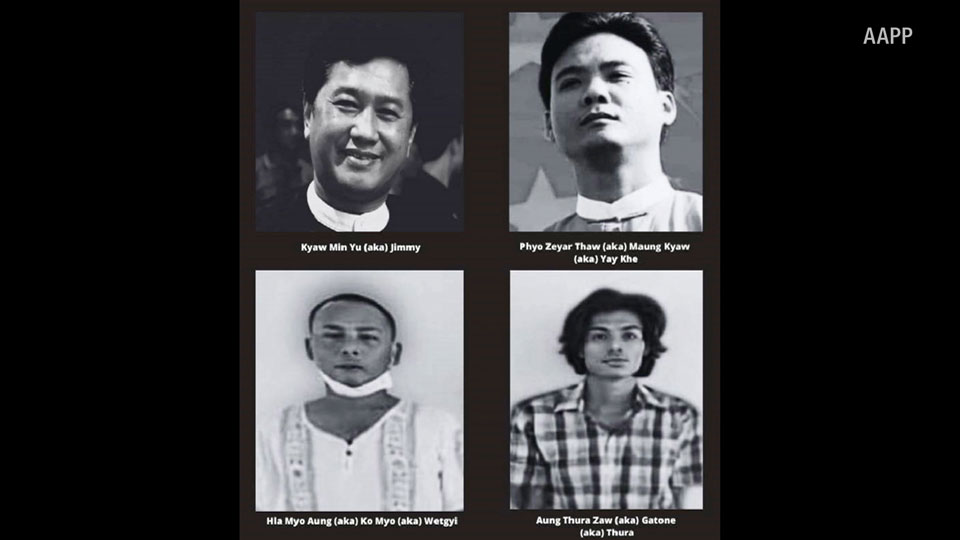
'Resisting in whatever way we can'
Breaking out into chants on buses, launching flash-mob demonstrations on the streets, unfurling banners over bridges -- the young people of Yangon, Myanmar's largest city, are seizing every chance they get to protest against the military junta. Many were in high school when the coup took place last year. But now they have abandoned their studies and are fighting to expose the regime's cruelty to the world.
"It's impossible for everyone to take up arms," says the 18-year-old activist, who spoke to us on the condition of anonymity. "Each of us has a family, and we have to think about our friends and relatives. I chose to demonstrate peacefully because I am willing to resist but cannot take up arms. We are resisting in whatever way we can."
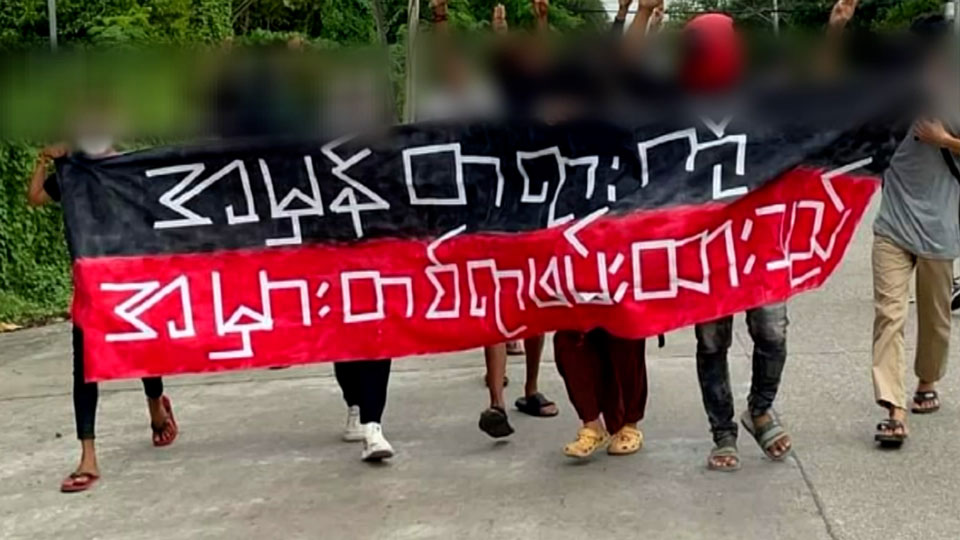
Military's brutal tactics
A video was posted online on August 8 showing four protesters in central Yangon holding up four umbrellas bearing the Burmese symbol for "8." The demonstration referred both to the number of people executed in July and the 1988 national uprising, which marked the start of Myanmar's road to democracy. The footage was widely shared and sparked demonstrations in solidarity around the world.
But two weeks later a pro-junta social media account announced that two of the protesters in the video had been arrested. Accompanying photos showed one of the men with marks on his body, suggesting he had been beaten.
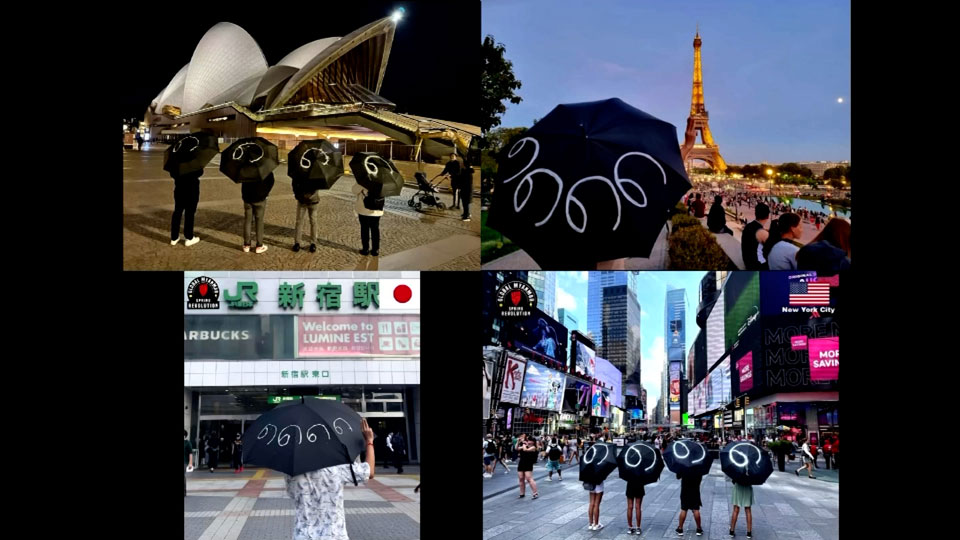
In a separate incident in early September, 15 people were arrested for attempting to stage a flash-mob demonstration. The 18-year-old activist, who took part in the protest, says the military knew they were coming.
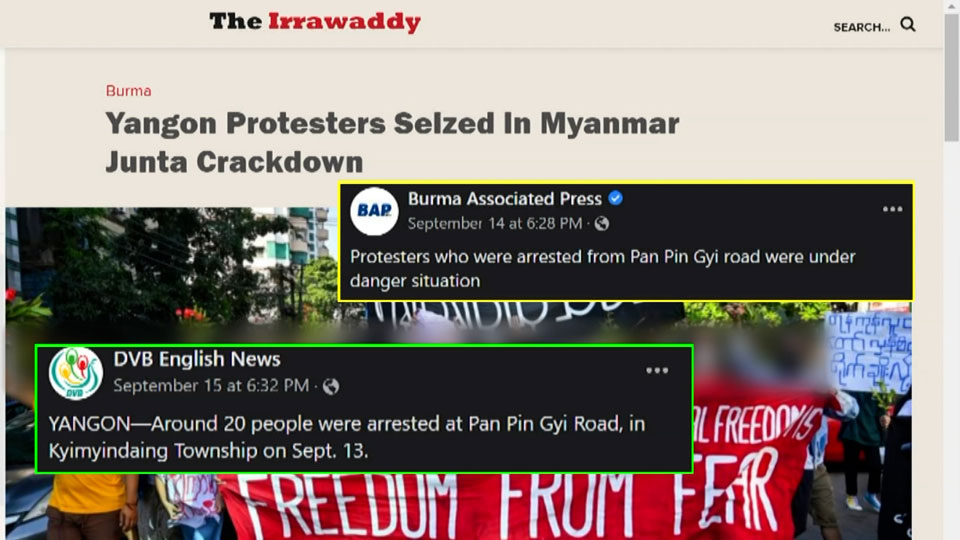
"When we tried to escape, the route was blocked by troops who were lying in wait," he says. "They'd been leaked information by someone who was taking part. The military came at us from all four sides. We were surrounded."
The activist says it is increasingly difficult to even plan demonstrations because undercover military officers are everywhere, especially places where young people are known to gather.
"They're always in the coffee shops, and if they're wearing civilian clothes we can't spot them," he says.
Spying and arrests aren't the only methods the military is using to try to silence the protest movement. It recently announced plans to develop its own social media platform as part of an effort to cut the country's internet off from the rest of the world.
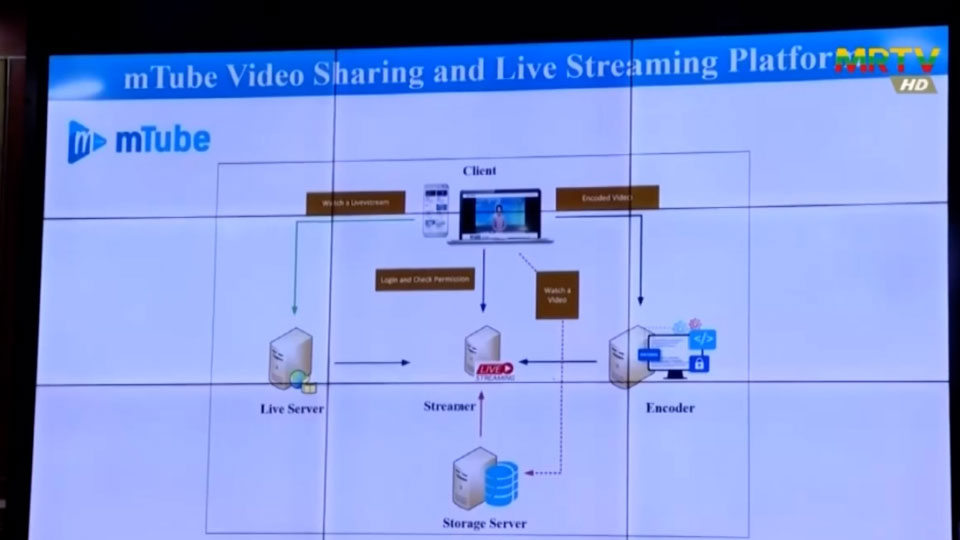
Struggling economy impacts protest movement
The protesters also face a difficult economic situation. According to research by Professor Steve Hanke at Johns Hopkins University, the country's real inflation rate likely exceeds 100 percent.
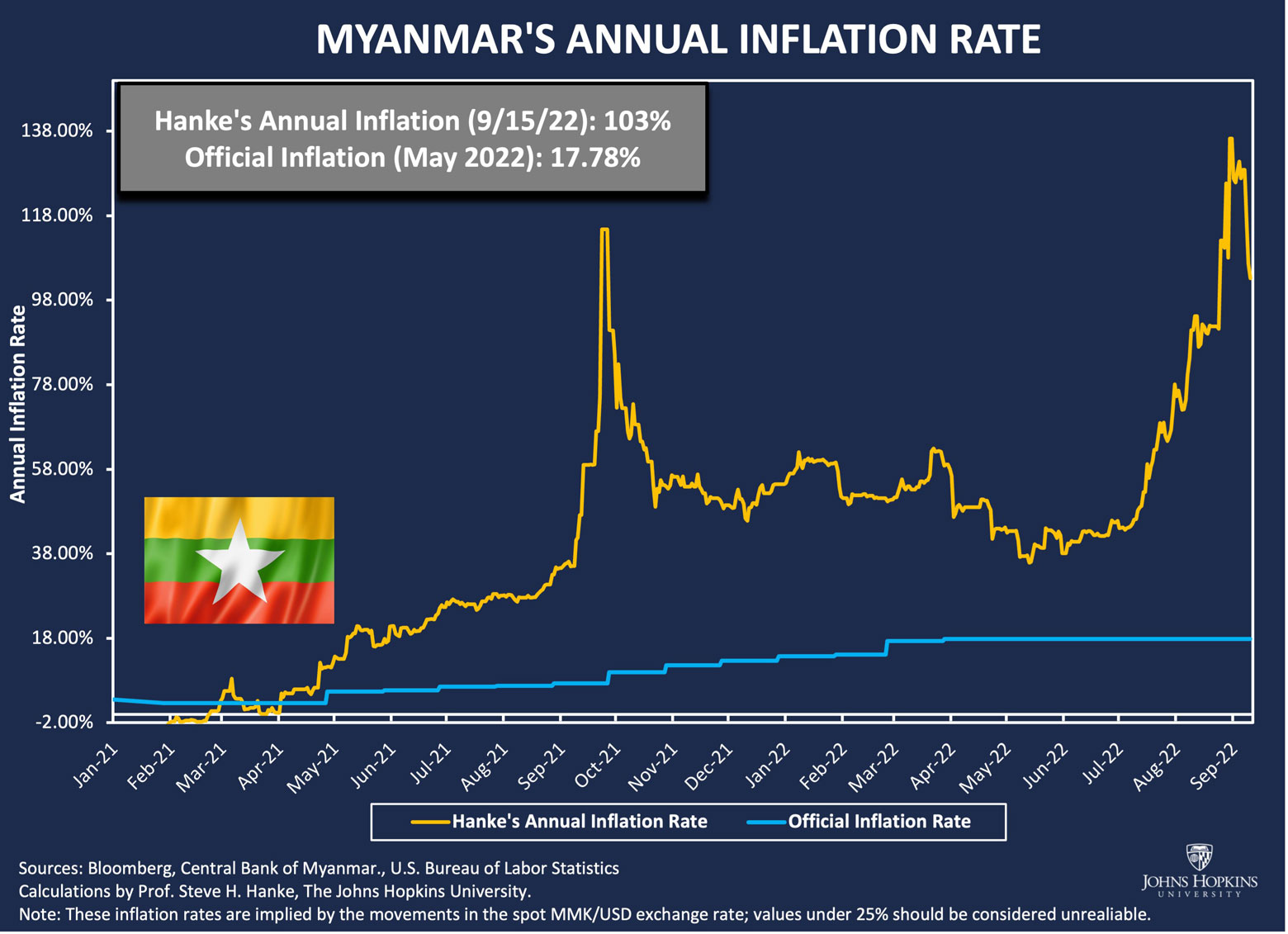
Suicide rates are on the rise and young people are looking for ways to leave the country. A recent video showed hundreds of people lined up to apply the Japanese-Language Proficiency Test so they could qualify for jobs abroad.
Watch Video 00:19
The protesters who remain in Myanmar have gone underground and are constantly on the move to stay ahead of the military. They collect rainwater to drink and eat proper meals only once every three days, if they are lucky. Despite the conditions, they remain committed to the cause of a democratic Myanmar.
"It's really hard," says the 18-year-old activist. "There are times when I want to die. No one can even see their parents. Increasing numbers of young men, women and children have gone missing. The violence against women is the worst. There are no human rights here."
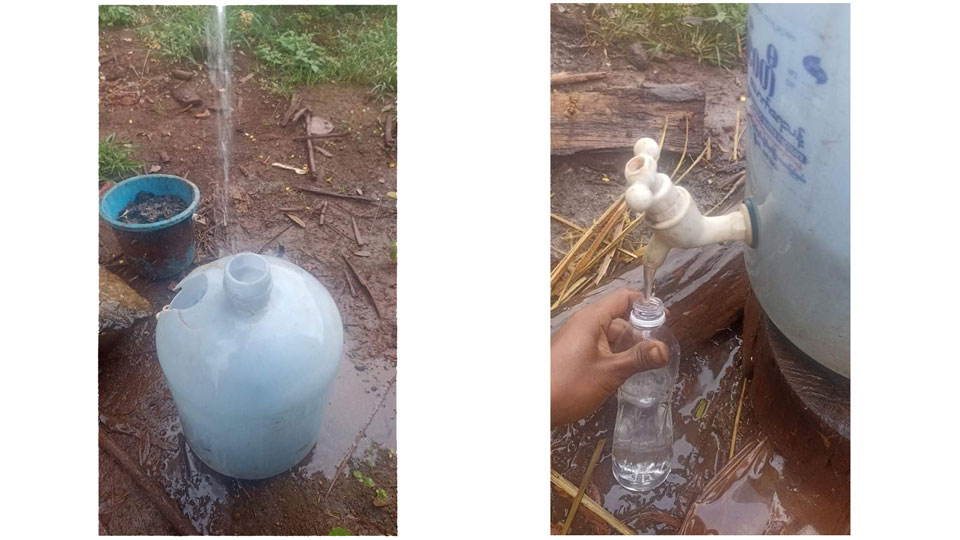
Crisis gets bloodier
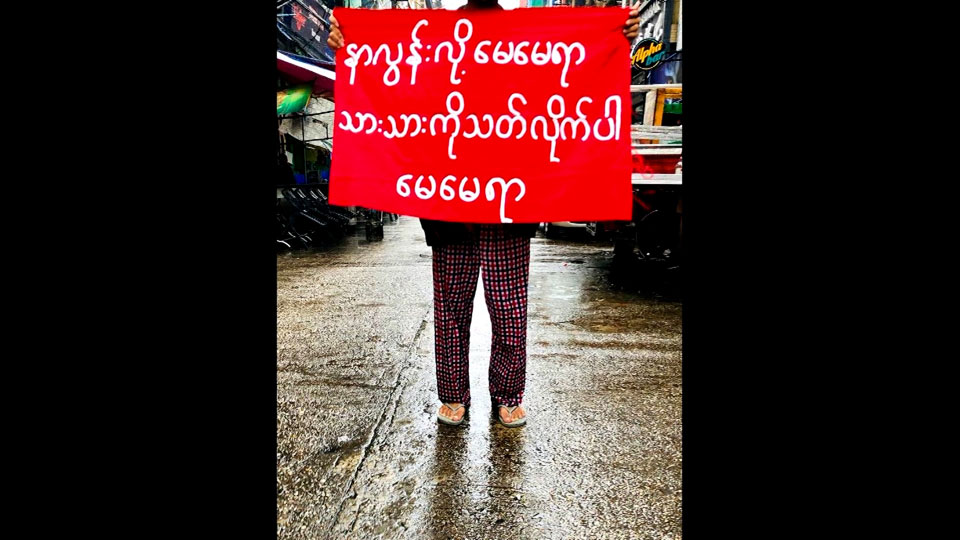
On September 16, airstrikes on a school in northwestern Myanmar killed at least 12 people, including children. Protesters in Yangon immediately posted the dying words of one of the victims: "Mom, please kill me, it's too painful to bear."
Reports of such violence are becoming commonplace in Myanmar. But the 18-year-old activist is certain he made the right decision to join the protest movement: "I never imagined I would be in such an awful situation at a time when I am supposed to be studying in high school. But I have no regrets because this is the path I chose."
